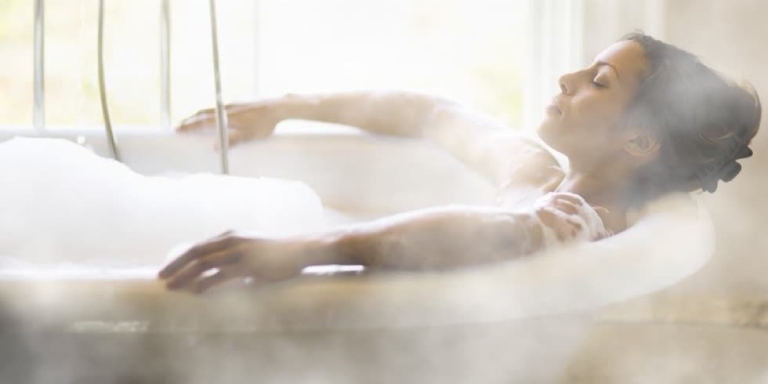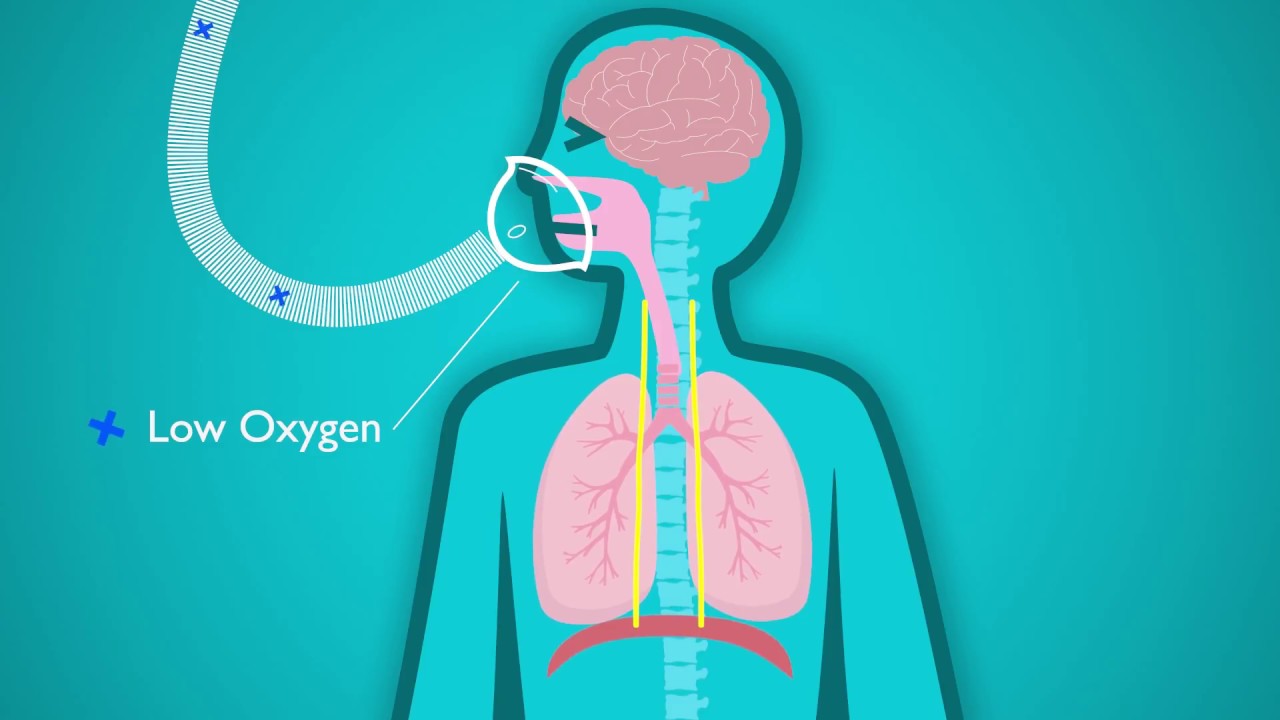News
Explore 5 Benefits of Taking a Bath
Soaking in a bath offers benefits for both your body and mind. While bathing is extremely common for children, who enjoy playing and floating with adorable rubber ducks, busy adults often lack the time to luxuriate in a bath until their skin is wrinkled. Relaxing in a bath might not be a priority for us, leading us to quickly shower and continue with our hectic days.
However, you might be missing out on something wonderful. Relaxing in a bath can actually provide numerous benefits for your physical and mental health.
“Bathing has great physical and mental health benefits,” says Amy Zack, MD, a family medicine provider. “Soaking in a bath is something many people have access to but don’t fully utilize. Yet it can be very beneficial for many.”
Bathing doesn’t need to be a daily routine. But if you can set aside 10 or 15 minutes to bathe just once a week, you may find that it makes a significant difference in your overall health. Dr. Zack shares why bathing is good for you and offers a few tips to make the most of it.

1. Bathing Cleanses and Exfoliates
This is perhaps the most obvious benefit of taking a bath. Soaking softens your skin, making it easier to exfoliate effectively. This is ideal for keeping your skin soft and is also a perfect time for shaving.
“Bathing cleanses the skin, helping you avoid irritation, inflammation, and sores from dead skin cell buildup,” Dr. Zack explains. “It can also help remove bacteria and fungi that accumulate from environmental exposure. When these build up, they increase the risk of infection.”
Additionally, warm water opens your pores, allowing dirt and impurities from the day to be washed away and letting soap work more effectively.
2. Bathing Improves Mental and Emotional Health
Imagine this: soothing music, a good book, a burning candle with your favorite scent. When done right, a bath can be the ultimate self-care ritual—something many people don’t do enough. Self-care shouldn’t be superficial; it’s about taking the time to respect your own needs.
Self-care alleviates stress. While you might think of stress as an emotional burden, it’s also harmful to your body. Stress can lead to various health issues, such as: sore muscles, heart disease, hair loss, acid reflux, weakened immune system, and weight gain.
Some studies also suggest that a warm water bath can have a positive effect on those living with depression. Warm baths are associated with reduced stress hormones and more balanced serotonin levels, helping to stabilize mood.

3. Bathing Helps You Sleep Better
At least one study suggests that taking a warm bath before bed can help you fall asleep faster and enjoy a better quality of sleep. Here’s why researchers believe this might happen:
Throughout the day, your body temperature fluctuates slightly, which is normal. For optimal sleep, your body temperature needs to drop by about two or three degrees. While it might seem that a bath warms you up and increases your body temperature, the opposite is true.
When your body warms up in a bath, it directs blood to the surface. This means that heat is drawn out of your body, which lowers your body temperature and promotes relaxation and sleep.
And there’s more.
“A bath also creates a good environment for meditation, reflection, and escaping daily stresses,” Dr. Zack notes. “Encouraging relaxation helps you let go of things that might keep you awake as you try to calm down.”
For the best sleep, try taking a bath for 10 to 15 minutes about one or two hours before bedtime.
4. Bathing Soothes Muscles and Joint Pain
There’s a reason why athletes are often shown soaking in large metal tubs after a game in almost every sports movie. Soaking in warm water can help reduce soreness and soothe muscles.
Caring for sore muscles will help you get through the day with less pain, meaning you’ll have better mobility and improved workout capability. It’s a win-win!
If you’re up for a challenge, an ice bath could also be an option for those dealing with muscle pain. Cool the water in the tub to about 12 to 20 degrees Celsius (53 to 68 degrees Fahrenheit).
That’s quite cold, so start slowly. Try soaking in the ice water for about five minutes (if you can handle it), with a maximum of 10 minutes.

5. Bathing Supports Wound Healing
Dr. Zack notes that bathing can help soothe certain ulcers and infected wounds. Doctors may recommend soaking the affected area in a warm saline solution to aid the healing process. However, some wounds need to remain dry, so consult your doctor before soaking.
Bathing Properly
Before you rush to the tub and turn on the faucet, set some basic rules to get the most benefit:
- Don’t Bathe Daily: Daily bathing can dry out your skin by removing your body’s natural oils. Try to bathe no more than twice a week and use the shower on the other days.
- Use Warm Water (Not Too Hot): Some people may feel dizzy or weak if the water temperature is too hot. Keep the water temperature below 40°C (104°F).
- Enjoy, but Don’t Soak Too Long: The general rule is 10 to 15 minutes is sufficient. Soak just long enough for your fingers and toes to start wrinkling, but avoid soaking longer.
- Choose Gentle Cleansers: Use products that are unscented. Fragrant soaps and body washes can strip moisture from your skin. Opt for products labeled as “gentle” or “for sensitive skin” for the best results.
- Keep Towels Clean: Nothing undermines the benefits of a warm bath more than drying off with a dirty towel. Wash your bath towels at least once a week.
- Don’t Forget to Moisturize: Bathing and showering can strip your skin of its natural oils, leading to dryness. Use a moisturizer after bathing to keep your skin hydrated. Choose a hypoallergenic moisturizer without fragrances or plant ingredients for the best effect.
- Keep the Bathtub Clean: A dirty tub can be counterproductive. Ultimately, you can’t truly feel clean if you’re soaking in a tub full of grime. Keep your tub clean by spraying it with disinfectant once a week to kill any remaining bacteria.



